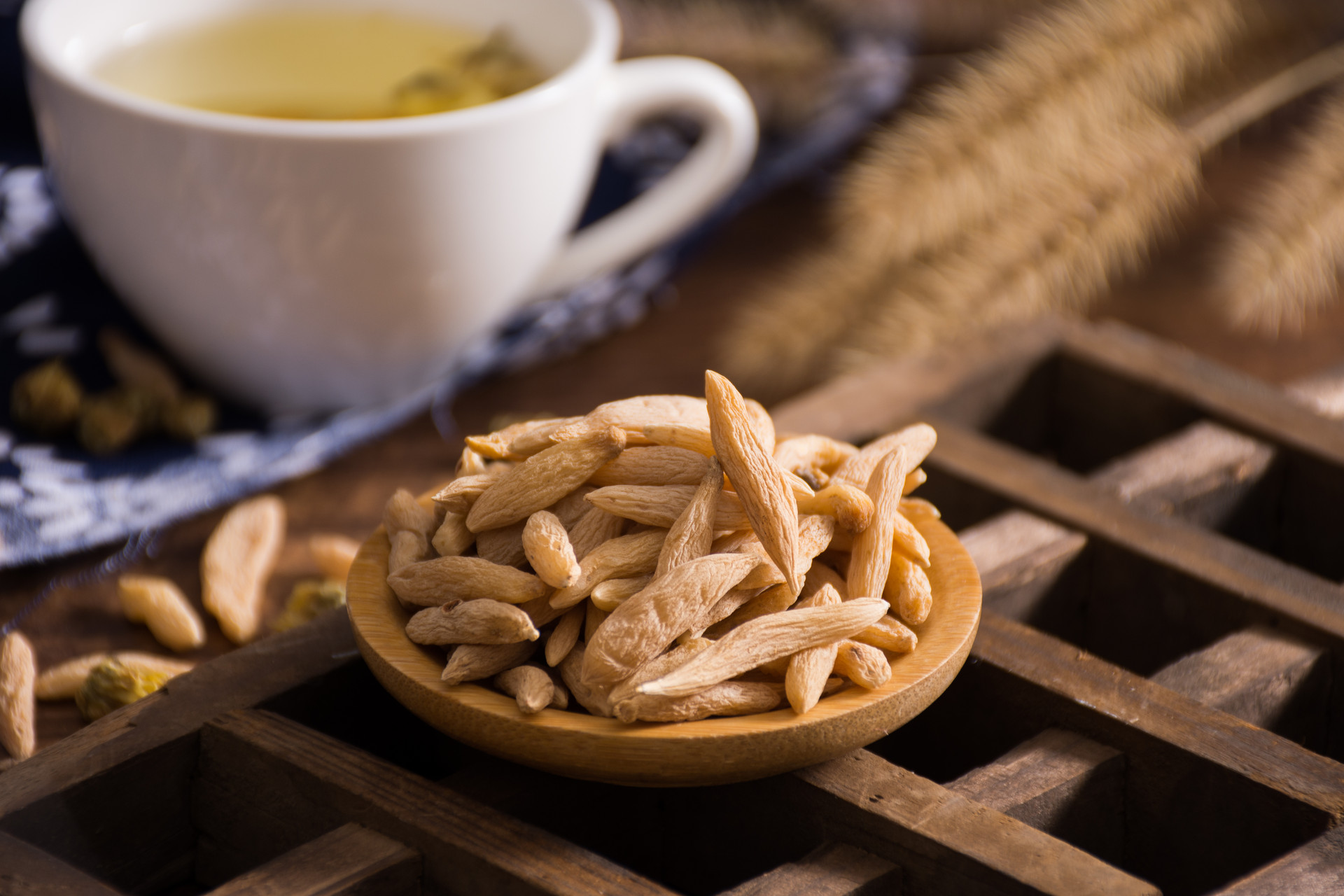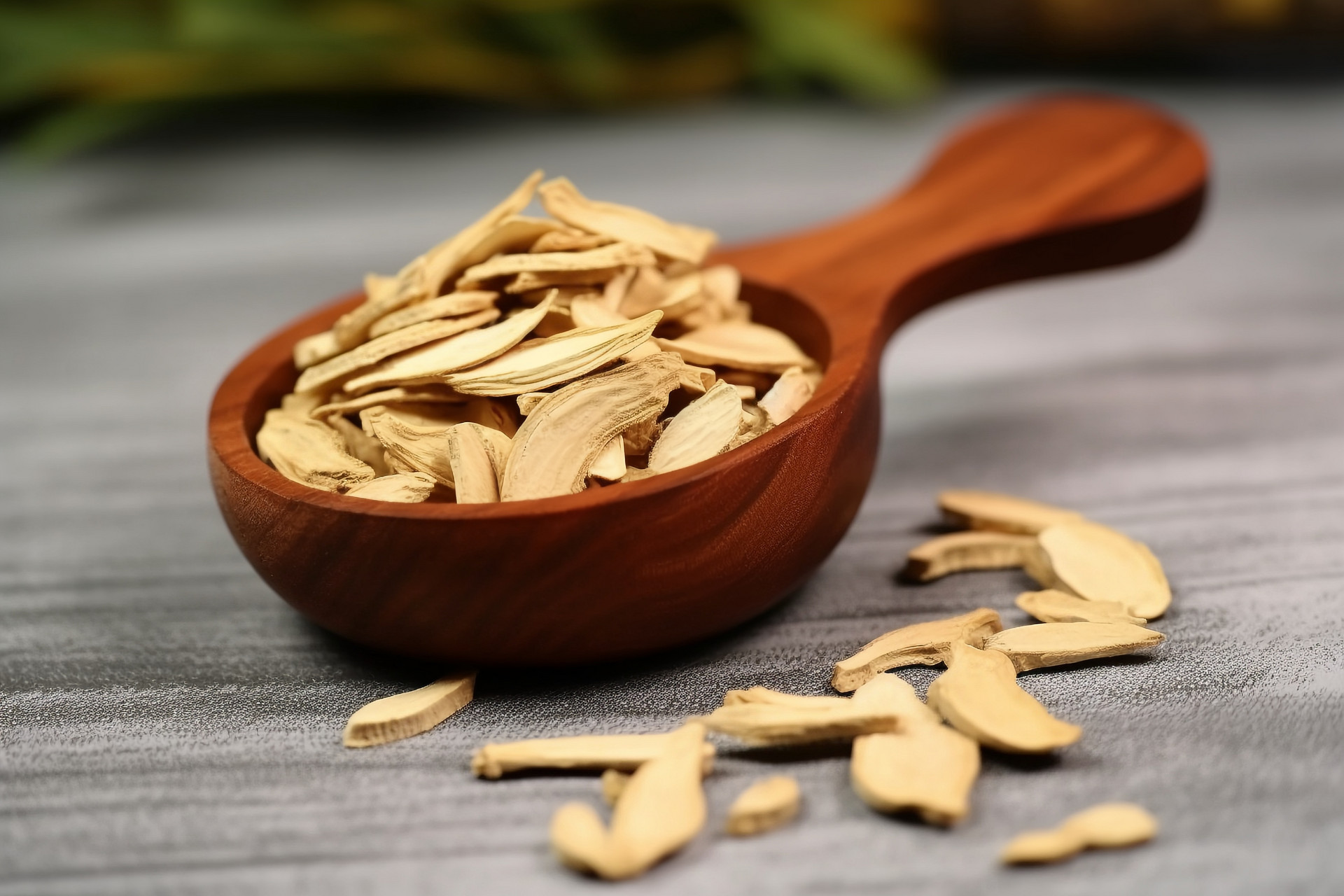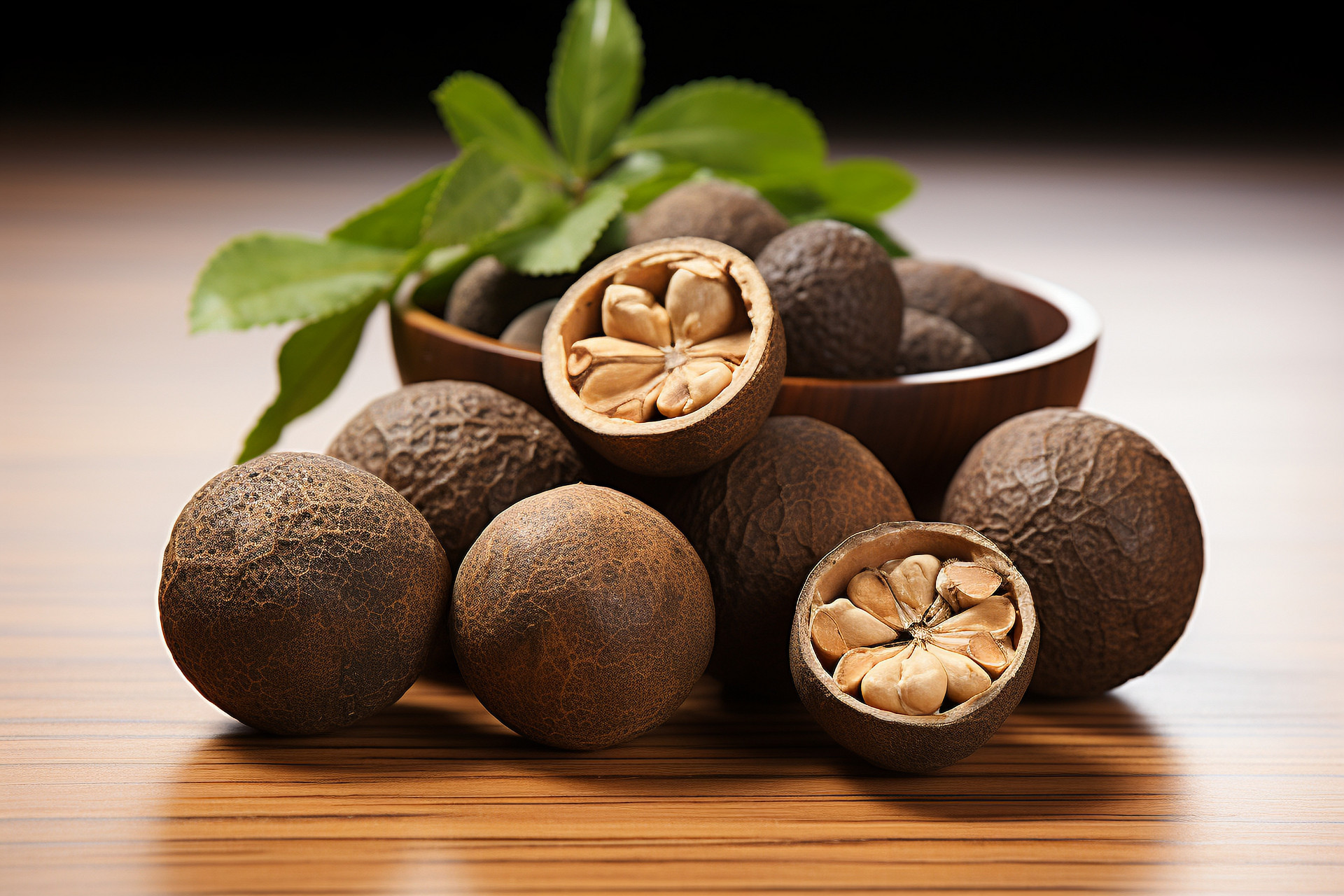Nansha ginseng, also known as Baisha ginseng or soaked ginseng, is the root of plants such as Lunsan ginseng, Xingye ginseng, or other plants in the same family. Nansha ginseng is cool in nature, with a slightly bitter and sweet taste. It enters the lung and liver meridians and has the effects of nourishing yin, clearing lung heat, and relieving cough. It is used to treat symptoms such as hot and dry cough, chronic cough due to deficiency, and dry and sore throat caused by yin deficiency. According to "Yuchou Yaojie," Nansha ginseng "clears lung qi, generates kidney water, purges heart and chest heat, cools the head and relieves steam, treats scrofula, rash, nasal sores, throat obstruction, ulcer pain, chest dryness and thirst, red and rough urine, and bladder retention." In the market, the root of the Caryophyllaceae plant Silene root is often passed off as Nansha ginseng, so be careful when using it.
[Image: True Nansha ginseng]
True Nansha ginseng:
The dried root is long spindle-shaped or cylindrical, with a thicker top and a thinner bottom, sometimes slightly curved or twisted, occasionally bifurcated. It is 15-25 cm long with a diameter of 1-3 cm at the top, with a noticeable cross groove and occasionally two buds growing together. The surface of the root with skin is yellowish-white to light brown with longitudinal wrinkles. It is light in weight, spongy in texture, and has a yellowish-white uneven cross-section with multiple cracks. It has a faint smell and a slightly sweet and bitter taste.
[Image: Fake Silene root]
Fake Silene root:
The dried root is cylindrical or conical, 10-15 cm long, and 2-5 cm in diameter. The outer skin is brown, mostly scraped off, but the depressed areas with longitudinal wrinkles form a brown-white alternating pattern. It is hard in texture and not easy to break. The cross-section has 2-4 concentric rings arranged in yellow-white and light brown-yellow colors (heteromorphic vascular bundles), and the bark shows cracks. The wood has a radial pattern. It has a faint smell and a strong bitter taste when tasted.
Modern pharmacological research has shown that Nansha ginseng has expectorant effects, and its aqueous extract has a certain inhibitory effect on... [The translation cuts off here as the rest of the text is not provided.]











